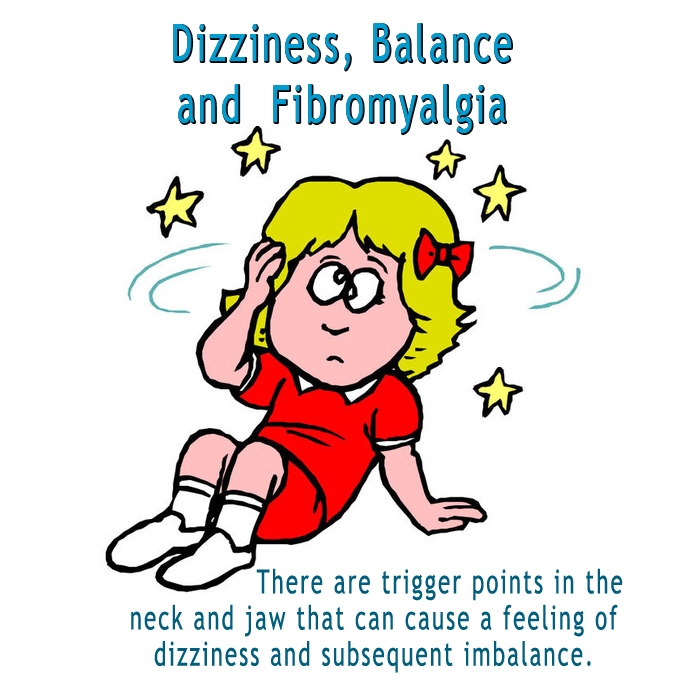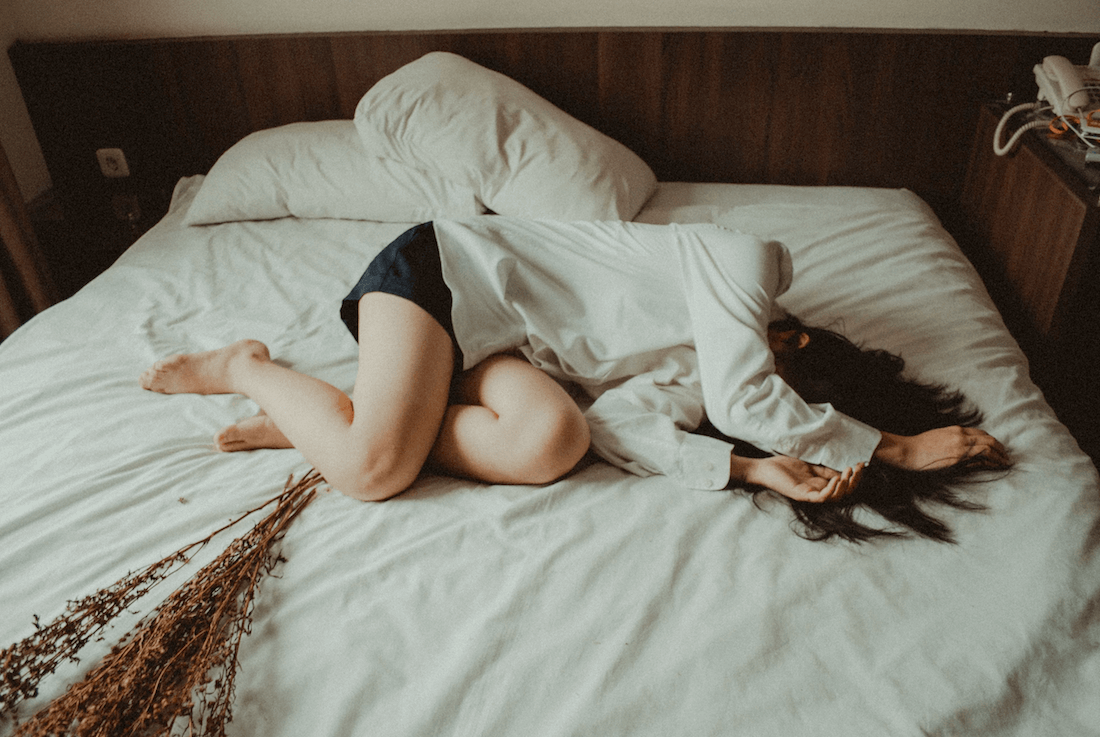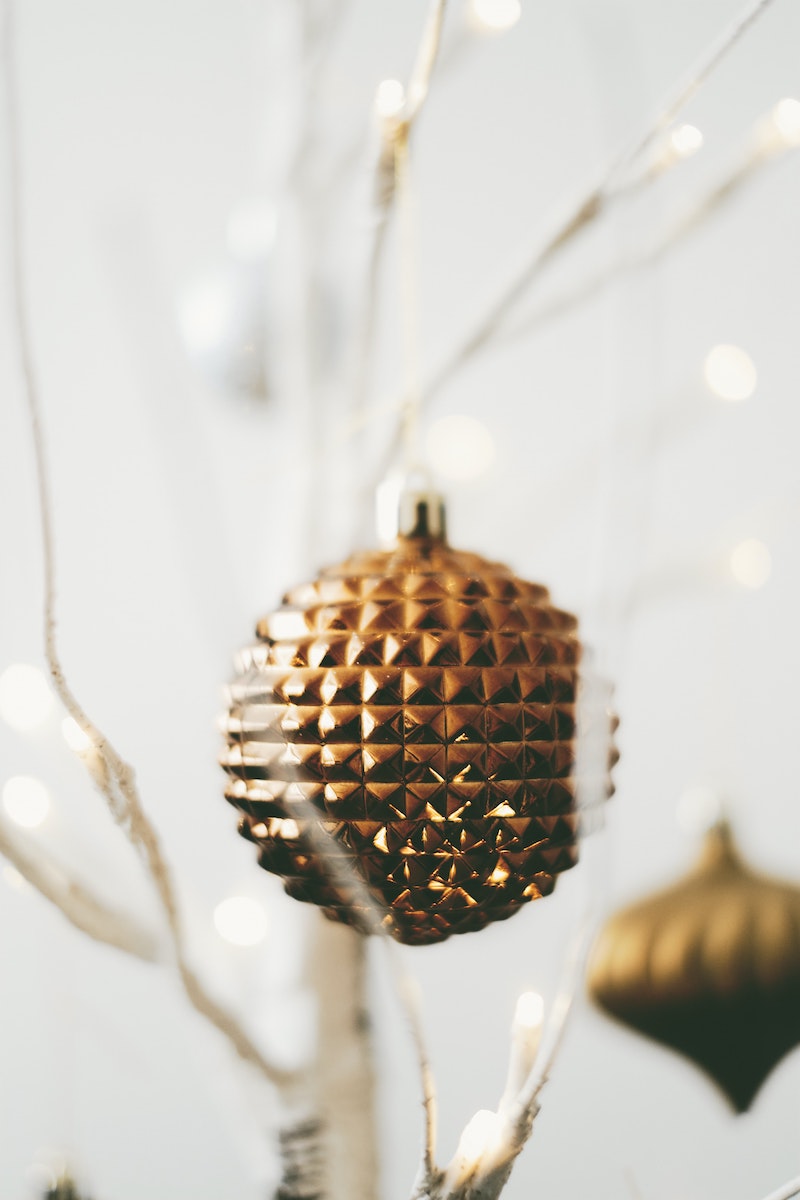Supporting the Gallbladder with Chinese Medicine

Photo by Annie Spratt on Unsplash
This time of year, the energies of liver and gallbladder are most active. These two pathways are very closely connected, but today I want to focus on the gallbladder. The gallbladder governs decision making, excretes and stores bile, and on a deeper level gives us the ability to push through obstacles and to assert ourselves.
If we are having difficulties being assertive, feeling uninspired or making decisions our gallbladder energy is out of balance. Today many people have problems with their gallbladder and digestion. The reason may be found in diet and stress levels. These two things greatly affect the gallbladder.
The emotion associated with the gallbladder and liver is anger and frustration. In Chinese Medicine, having a healthy emotional life is just as important to health as a healthy diet, adequate sleep, and a strong immune system.
Anger can impact the gallbladder and liver in two ways
- Repressed anger will damage the gallbladder/ liver over time and will create imbalance which can lead to disease.
- If you are under extreme stress for a prolonged period and are eating poorly (greasy, fatty, rich, and spicy foods) your gallbladder/liver will become imbalanced and can cause an excess of anger (i.e., angry outbursts, irritability, ringing in the ears and migraines). These are symptoms of excess heat in the liver.
To support your gallbladder and liver health
- Avoid greasy, fatty, spicy, and rich food. Stomach pain after eating this type of food could indicate gallbladder stones.
- Express your emotions, don’t allow them to build up. Anger turned inward creates depression. If you are having difficulty expressing your feelings, talk therapy can be very helpful.
- Eat foods grown locally and in season. This is the best way to regain a natural balance in our digestion.
- Exercise, spring is the perfect time to be active physically. Our bodies need exercise to get our energy moving.

 Spring is also the time of wind energy and gallbladder (GB) and liver (LV) energy. The liver meridian is very sensitive to the effects of wind energy. If you have an imbalance in GB or LV energy, you may experience symptoms of cramps, itching, spasms, dizziness, pain that comes and goes, pulsating headaches, and ringing in the ears.
Spring is also the time of wind energy and gallbladder (GB) and liver (LV) energy. The liver meridian is very sensitive to the effects of wind energy. If you have an imbalance in GB or LV energy, you may experience symptoms of cramps, itching, spasms, dizziness, pain that comes and goes, pulsating headaches, and ringing in the ears. Tinnitus is a ringing, buzzing, or hissing sound in the ears, which may be chronic or come and go. It is usually worse at night and can interfere with sleep.
Tinnitus is a ringing, buzzing, or hissing sound in the ears, which may be chronic or come and go. It is usually worse at night and can interfere with sleep.
 This is something I deal with occasionally, but when it happens, I ruin a whole day. Since Chinese Medicine looks for the source of the problem, I thought it was time to explore this topic. I hope it helps my audience as well.
This is something I deal with occasionally, but when it happens, I ruin a whole day. Since Chinese Medicine looks for the source of the problem, I thought it was time to explore this topic. I hope it helps my audience as well.
 A good friend had asked for information on how gallstones might be treated with Chinese Medicine (CM). Traditional Chinese Medicine (TCM) regards the body as a whole system where everything is interrelated. When a symptom such as gallstones occurs, it is regarded as disharmony or imbalance in the body’s system.
A good friend had asked for information on how gallstones might be treated with Chinese Medicine (CM). Traditional Chinese Medicine (TCM) regards the body as a whole system where everything is interrelated. When a symptom such as gallstones occurs, it is regarded as disharmony or imbalance in the body’s system.
